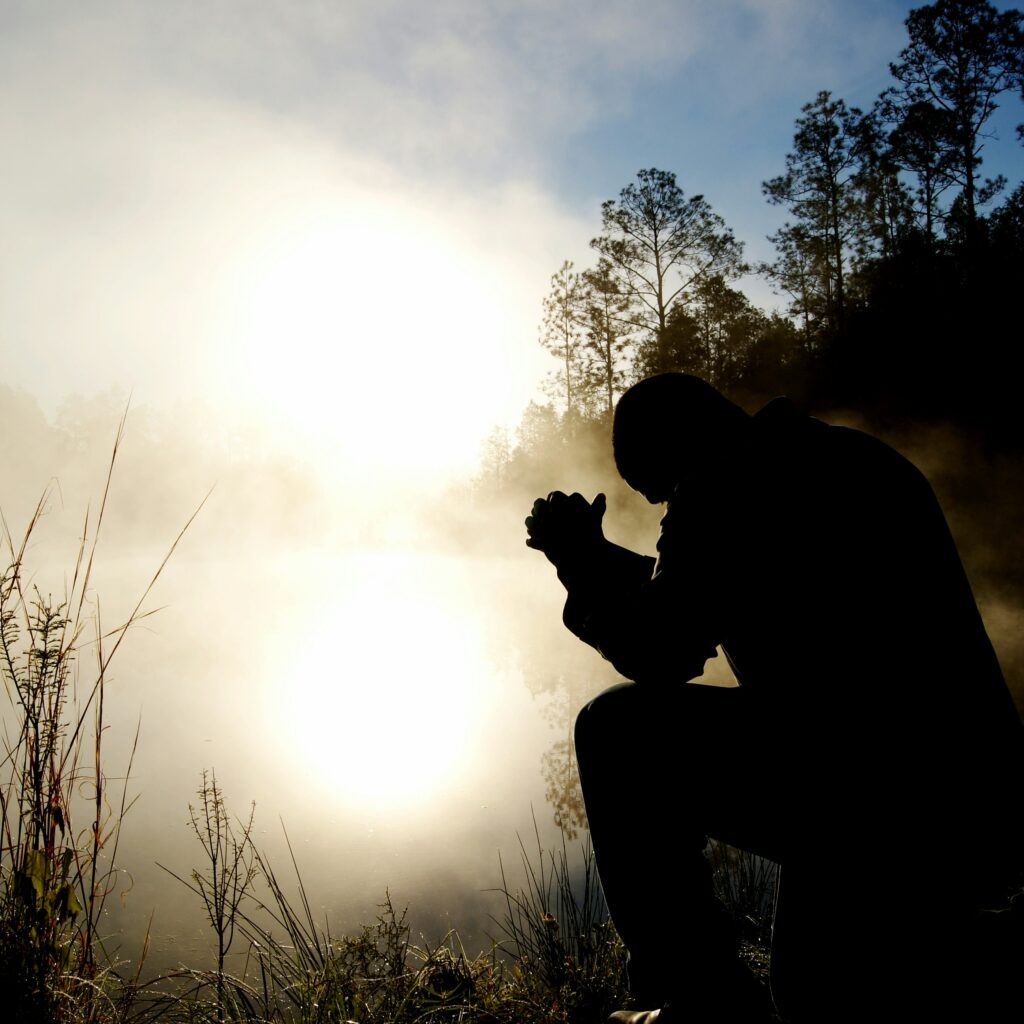
Photo by Aaron Burden on Unsplash
Rest is the quiet eclipse—day’s light dimmed so a new radiance may emerge from shadow. Just as the sun is gently veiled by the moon, creating a temporary hush in the sky, rest invites a sacred pause in the relentless motion of life. This natural phenomenon shows us how darkness is not the end but a momentary covering that prepares the way for something brilliant to follow. The stillness of an eclipse is charged with mystery and expectation, a reminder that in the hush between the known and unknown, transformation quietly unfolds.
Have you ever noticed how moments of deep rest feel like stepping into a hidden space where time slows and worries soften? Imagine yourself in that shadowed calm—not defeated or fading, but gathering strength and light beneath the surface. This pause is not absence but presence, a sacred breathing room where the soul is freed from the demands of constant striving. In those quiet moments, you may find a peace that is not explained by logic or reason, a stillness that holds you steady even when the world feels uncertain.
This pattern in nature invites us into a spiritual practice of embracing rest as a powerful threshold. Like the eclipse, rest allows us to step back from effort and control, opening to a peace that surpasses knowledge or understanding. It calls us to trust the hidden work taking place within, knowing that from this sacred pause, new life and light will inevitably emerge. Rest becomes not just a break, but a spiritual move toward renewal—preparing us to rise with fresh radiance and purpose.
“Do not be anxious about anything, but in everything by prayer and supplication with thanksgiving let your requests be made known to God. And the peace of God, which surpasses all understanding, will guard your hearts and your minds in Christ Jesus.” (Philippians 4:6-7 ESV)
This passage provides a clear alternative to anxiety through the practice of thankful, specific prayer. By actively transferring our concerns to God through verbal expression (“requests be made known”) while maintaining gratitude, we open ourselves to receive supernatural peace. God’s resulting peace serves as a protective barrier (“will guard”) around our inner being, preserving our hearts and thoughts from anxiety’s corrosive effects.
“Truly my soul finds rest in God; my salvation comes from him.” (Psalm 62:1 ESV)
This verse identifies God Himself—not circumstances or solutions—as the source and location of authentic soul rest. By directing our innermost being toward God rather than toward problem-solving, we discover a rest that transcends our situations. Our ultimate deliverance (“salvation”) comes from God alone, making Him the only truly reliable anchor for our anxious hearts.
Spiritual Move: Restorative Practices
Engaging in restorative practices—such as nature walks, journaling, or creative pursuits—helps you reconnect with God’s peace. These practices provide space for God’s healing presence to rejuvenate your spirit and renew your sense of purpose in His creation.
Journaling Prompts:
1. What specific anxieties currently rob you of rest? Try writing each one as a prayer request with an accompanying thanksgiving.
2. When have you experienced God’s peace “guarding” your heart and mind? What made this possible?
Thought and Discussion Questions:
1. How do you distinguish between responsible concern and unhealthy anxiety in your life?
2. What practices help you transfer worries to God rather than merely trying to suppress them?
3. Share about a time when choosing rest actually helped you address a situation more effectively than continued anxiety would have.
4. How might our communal practices of rest serve as a witness against anxiety’s dominance in our culture?
We’d love to hear from you! What stood out, and what would you add to the conversation? Drop your thoughts or questions in the “Leave a Reply” section below, (Click the Read in Browser link). — You never know what you might get started.